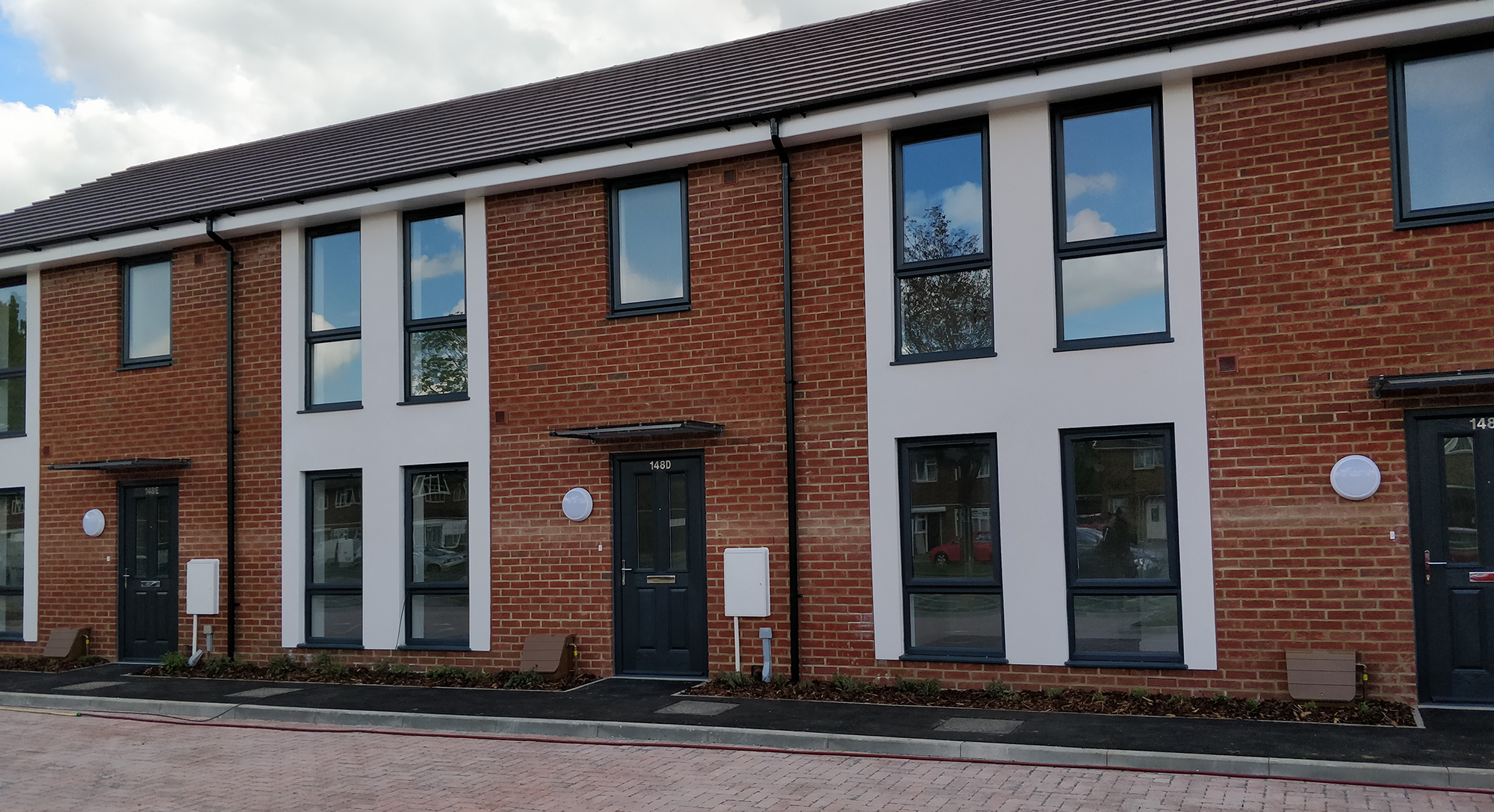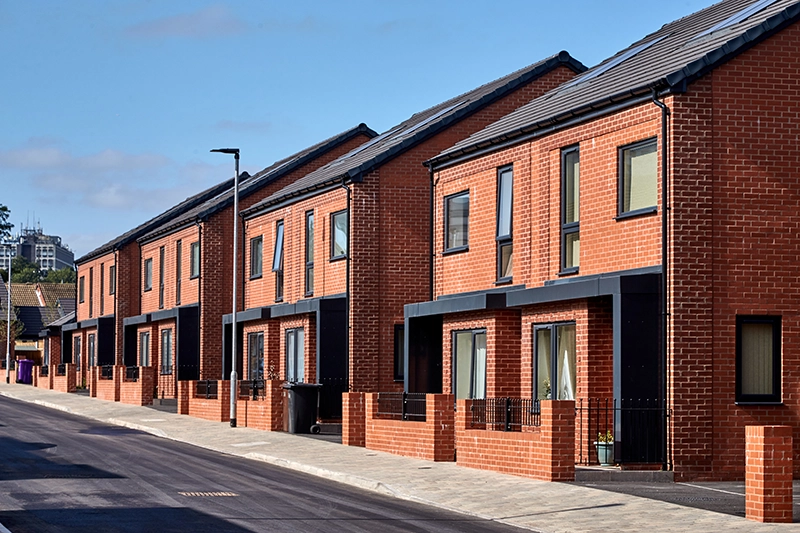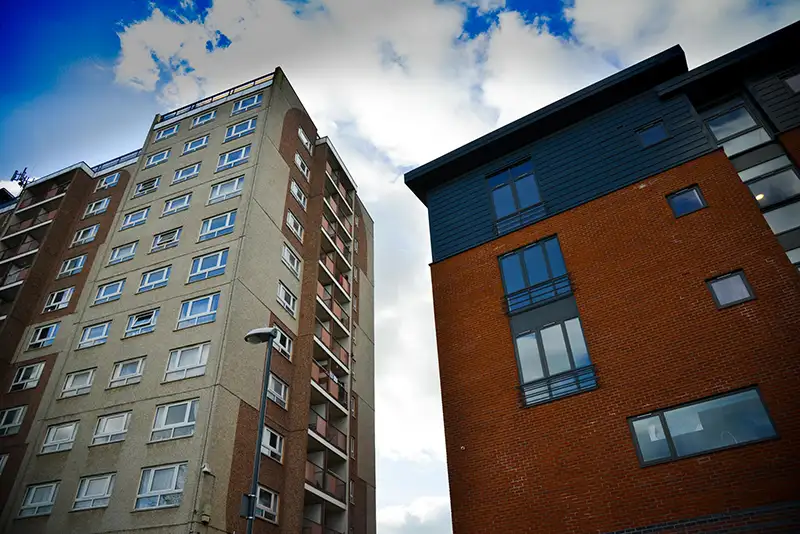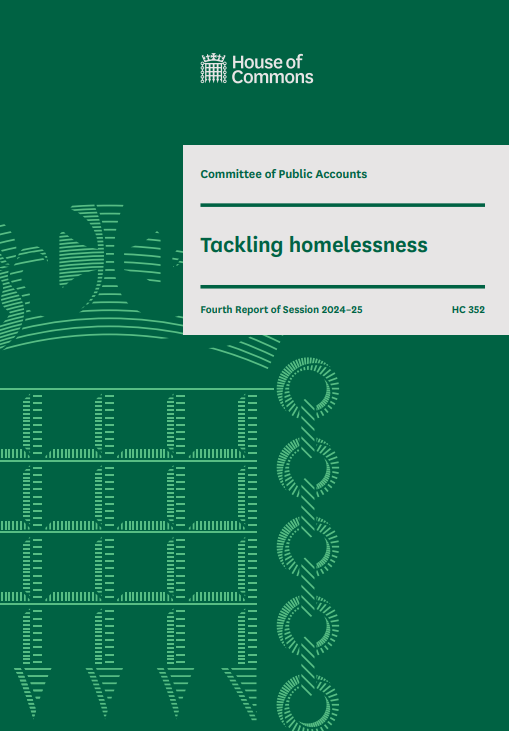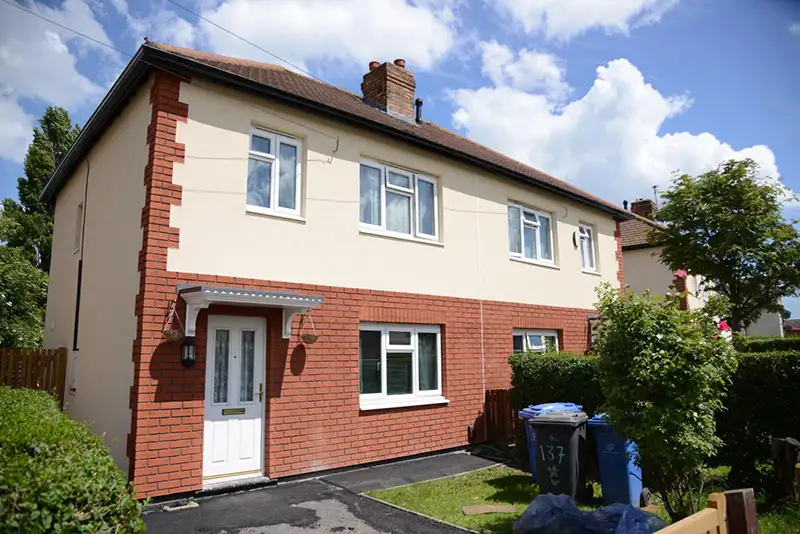Government publishes response to consultation on reforming the Right to Buy
Following the consultation earlier this year, the government has announced that it will bring forward legislation to implement the following additional changes to the Right to Buy scheme:
- Exempt newly built social and affordable housing from the Right to Buy for 35 years.
- Increase the eligibility requirement (currently 3 years as a public secure tenant) to 10 years.
- Prevent existing property owners, or those that have previously benefitted from the scheme, from exercising the Right to Buy unless there are exceptional circumstances, e.g. victims of domestic abuse.
- Amend discount rules so that discounts start at 5% of the property value and increase by 1% for every extra year an individual is a secure tenant up to the maximum discount of 15% of the property value or the cash cap (whichever is lower).
- Increase the period from 5 years to 10 years that the council has the right to ask for repayment of all or part of the discount on the sale of property.
- Extend the period in which a local authority has the right of first refusal when a property previously bought under the Right to Buy is sold so that it applies in perpetuity.
In addition, the receipts regime will be reformed and existing flexibilities on spending Right to Buy receipts will now apply indefinitely allowing councils to combine Right to Buy receipts with grant funding for affordable housing.
Further policy work is also proposed in the following areas:
- Preventing fraud
- Cost floor reforms to better protect investment in existing homes
- Timelines for processing RTB applications
- RTB in rural areas




